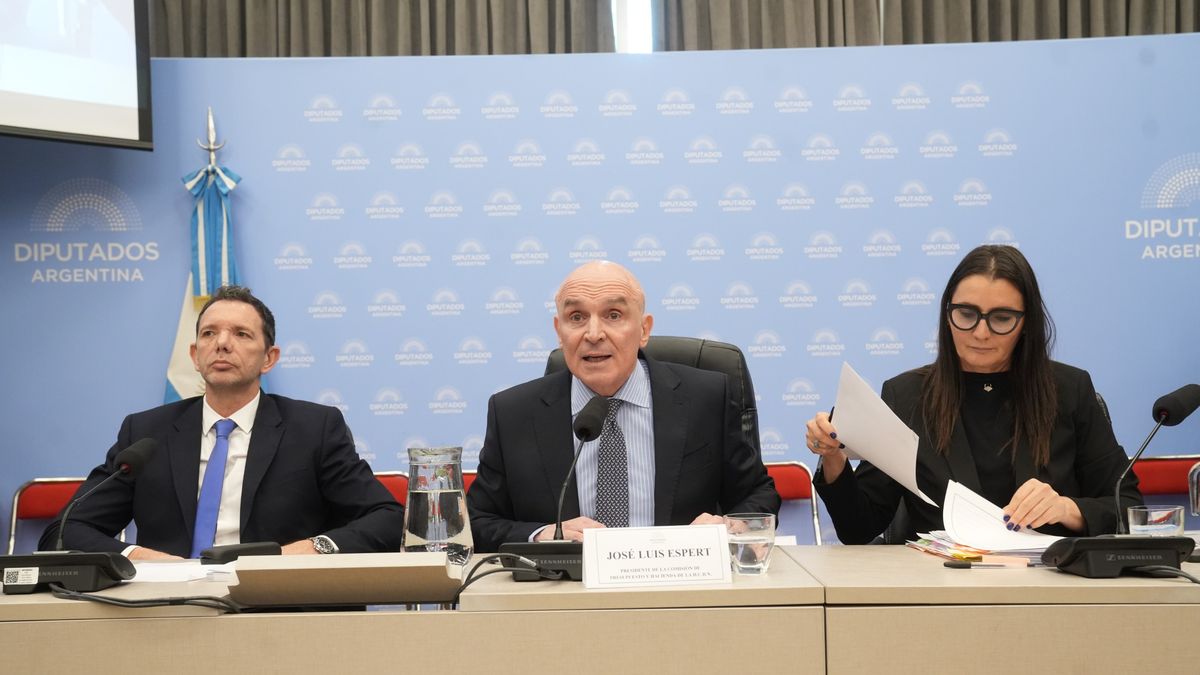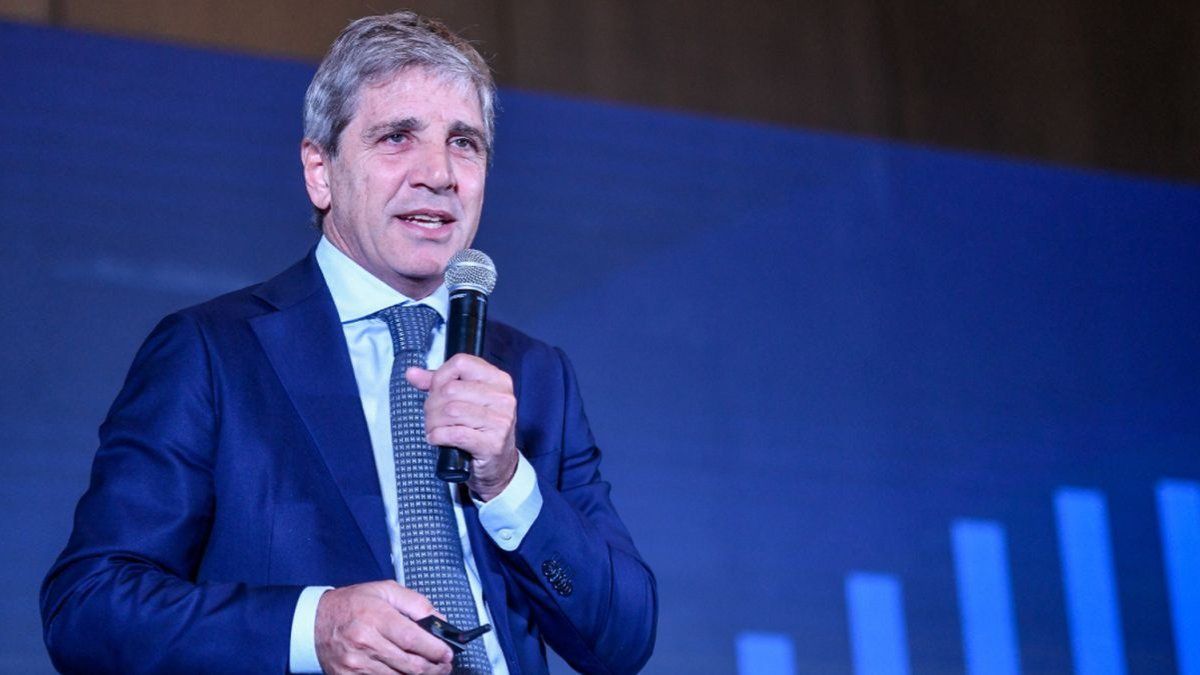The Central Bank (BCRA) limited the financing of purchases in installments with credit cards of tickets and tourism services abroad such as accommodation, excursions and transport rental, among others, both directly or paid through travel agencies , web platforms or other intermediaries.
After the decision, the current modalities for making this type of purchase, beyond cash payment, are the following:
- Make the minimum payment on the credit card and refinance the rest with a nominal annual rate (TNA) of 43% per year up to $ 200,000. Once this amount is exceeded, financial institutions can apply a differential rate, set at 25% more than the rate they offer for personal loans.
- Take a personal bank loan, the rates of which are approximately 78% per year.
The measure adopted by the BCRA through Communication “A” 7407, which came into effect today, limits financing in installments with credit cards both directly and through travel agencies, web platforms or other intermediaries.
“Financial and non-financial entities issuing credit cards should not finance in installments purchases made by credit cards of their clients? Human and legal persons? Of tickets abroad and other tourist services abroad (such as accommodation, rental of car, etc.), either carried out directly with the service provider or indirectly, through a travel and / or tourism agency, web platforms or other intermediaries, “said the BCRA in Communication.
The measure, as emphasized by the sources of the entity, does not apply to “tickets to the interior of the country”, which will maintain the benefit of payment in installments including programs such as Now 12 or Previaje.
The BCRA’s decision seeks to discourage the purchase of packages abroad given that, between 2012 and 2020, Argentina suffered a significant trade deficit due to tourism, which resulted in a considerable outflow of foreign currency.
This foreign exchange deficit, according to the Center for Production Studies (CEP XXI) of the Ministry of Productive Development, totaled US $ 47.8 billion during that period.
Source From: Ambito
David William is a talented author who has made a name for himself in the world of writing. He is a professional author who writes on a wide range of topics, from general interest to opinion news. David is currently working as a writer at 24 hours worlds where he brings his unique perspective and in-depth research to his articles, making them both informative and engaging.




